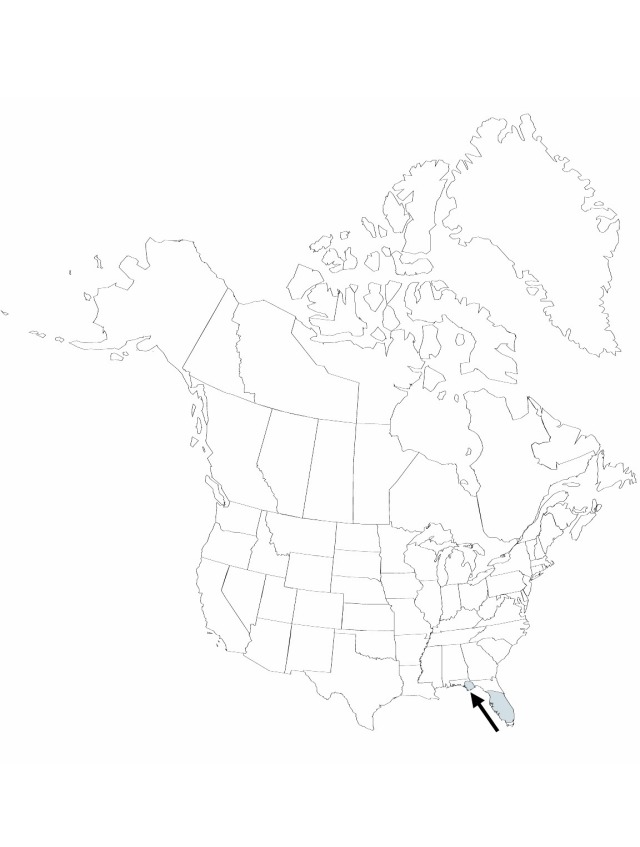Difference between revisions of "Callisia ornata"
Journal of the Arnold Arboretum 70:118. 1989.
imported>Volume Importer |
imported>Volume Importer |
||
| Line 58: | Line 58: | ||
|publication year=1989 | |publication year=1989 | ||
|special status=Endemic | |special status=Endemic | ||
| − | |source xml=https:// | + | |source xml=https://bitbucket.org/aafc-mbb/fna-data-curation/src/2e0870ddd59836b60bcf96646a41e87ea5a5943a/coarse_grained_fna_xml/V22/V22_186.xml |
|genus=Callisia | |genus=Callisia | ||
|species=Callisia ornata | |species=Callisia ornata | ||
Latest revision as of 20:29, 5 November 2020
Herbs, perennial, not or only scarcely cespitose, erect. Roots persistently densely woolly. Stems 20–50 cm. Leaves strongly ascending; basal leaf sheaths glabrous to puberulent; blade linear, (2–)10–25 × 0.1–0.4 cm (distal leaf blades much narrower than sheaths when sheaths opened, flattened). Inflorescences: bracts not distinct from bracteoles, usually minute, 1–3(–7) mm, scarious (rarely somewhat herbaceous). Flowers pedicellate; pedicels 1–1.5 cm; petals pink to rose, 9–13 mm; stamens 6; filaments bearded; ovary 3-locular. Capsules 3-locular, 3–5 mm. Seeds 1.5–2 mm.
Phenology: Flowering spring, fall.
Habitat: Coastal strand
Distribution

Oak, pine, and palmetto woods and scrub, occasionally fields or roadsides, usually in sandy soil, Fla.
Discussion
A white-flowered form has been described from central Florida as Callisia ornata forma leucantha Lakela (O. Lakela 1972), but such color forms are hardly worth taxonomic recognition.
Selected References
None.